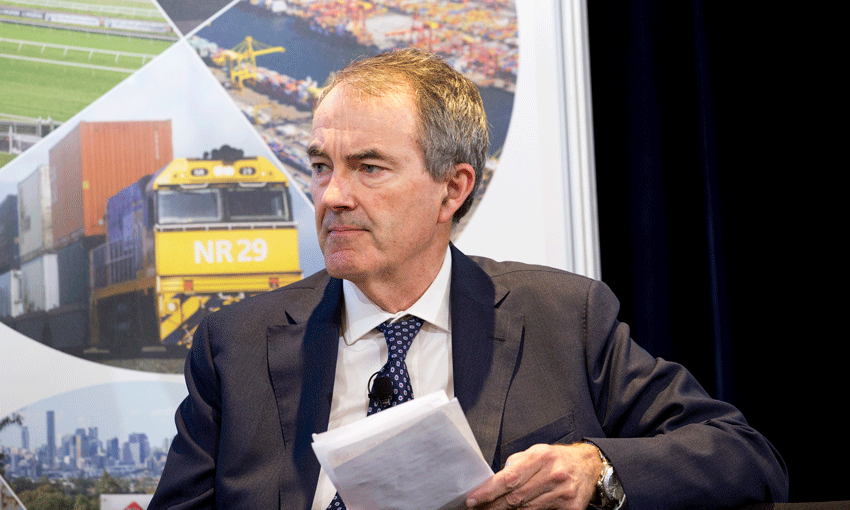PORT of Melbourne has recorded an increase in cancellations or “vessel blankings” between January and April, largely attributed to COVID-19 impacting upon volumes.
Management has just released its figures for the month of April and the start of the year.
“Of the 30 ship cancellations (vessel blankings) between January and April 2020, over two-thirds relate to shipping lines managing the COVID-19 volume impacts and a third to the annual Lunar New Year reductions,” port management reported.
“The result is significantly more than the 15 cancellations for the same period in 2019.”
According to management, there was “a marked slowdown” in trade in April 2020 compared with April 2019, with total monthly container volumes (full and empty) down by 11.3%.
Within this result:
- Full overseas container imports are down 9.2%;
- Full overseas container exports are down 8.1%; and
- Empty container throughput is down 21.1%.
For the financial year to date comparison as at April:
- Total container throughput (full and empty) is down 5.3%;
- Full overseas container imports are down 4.8%;
- Full overseas container exports are down 3.2%; and Empty container throughput is down 6.3%.
According to management, trade data for the first two weeks of May suggests a continuation of the April trend.
Shipping Australia deputy CEO Melwyn Noronha, said that “in these difficult times, shipping lines are trying to maintain their service levels and they are also experiencing extensive cash flow issues”.
“Shipping Australia has written to Australian ports, and to port service providers, seeking a reduction in fees,” Mr Noronha said.
To date, several organizations have either given a freeze or a reduction in charges. However, the Port of Melbourne has stated that it will increase its prices by the change in annual CPI for the 12 months ended 31 March 2020. That increase will apply from 1 July,” he said.
“Shipping Australia calls upon the Port of Melbourne to step-up and recognize the value of its customers by suspending its annual price increases.”
Meanwhile, Port of Melbourne management indicated it expected business during the next few months to be “soft”, dependent on the industry response to forecasts of a slowing economy, noting June and July were typically low season months.
This year’s investment program includes four major projects that are currently at different stages of the procurement process, from tendering through to construction:
- Start of procurement for the $125m Port Rail Transformation Project;
- Asset integrity upgrades at South Wharf 30/31 and Gellibrand Pier;
- A new maintenance facility at Short Road; and,
- Ongoing work to facilitate larger capacity container vessels.
Chief executive Brendan Bourke said the Port “continues to work closely with key stakeholders to explore further opportunities for operational efficiencies through the supply chain”.
Container Transport Alliance Australia director Neil Chambers said the latest results weren’t surprising and “are following the predictions that now the wave of import back-orders from China and other Asian countries have been received (which occurred in April and early May), we are bracing for a potential sustained period of slower economic activity and suppressed demand”.
“Unfortunately on the export side of the ledger, good conditions for agricultural commodities are likely to be hampered by a lessening of demand from overseas buyers, a restricted choice of vessel schedules, and potentially a shortage of food quality and refrigerated (reefer) container stock,” Mr Chambers said.
“Any continuation of trade tensions with China will just exacerbate these concerns.”

